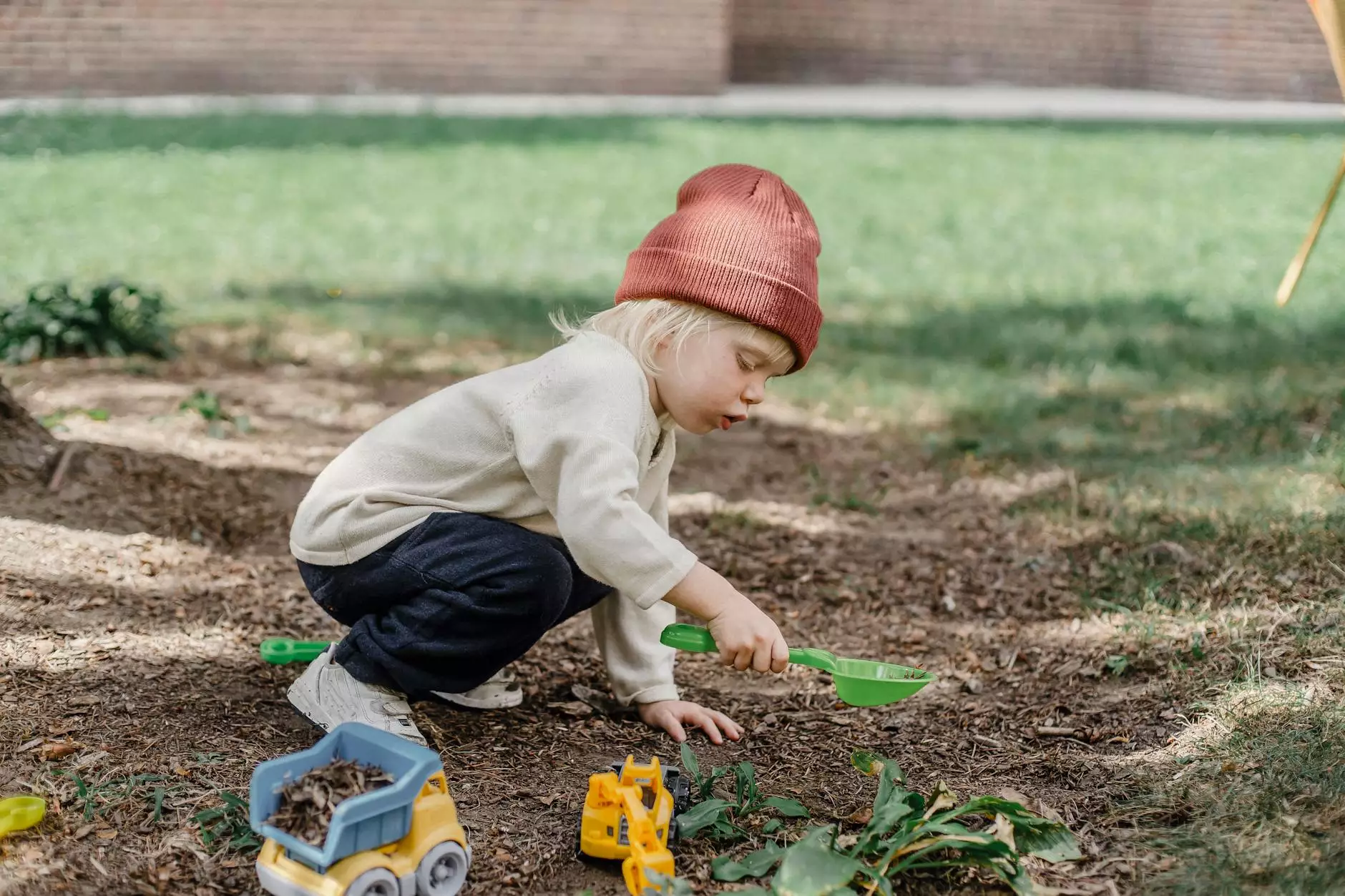How to Recognize When a Child is Gifted - Festivals Bazar

Introduction
Every child is unique and possesses different abilities, but some children demonstrate exceptional talents and potential that sets them apart. Understanding how to recognize when a child is gifted is crucial for parents and educators to ensure that these exceptional abilities are nurtured and developed to their fullest potential.
What is Giftedness?
Gifted children are those who demonstrate high levels of intellectual, creative, and/or artistic abilities compared to their peers. They possess an innate curiosity, exceptional problem-solving skills, and often display advanced cognitive capabilities. Recognizing these traits is essential to provide appropriate support and guidance for the child's unique learning needs.
Identifying Giftedness
Recognizing giftedness in a child can be a complex process that requires careful observation and consideration of various factors. Here are some indicators that can help identify giftedness:
1. Exceptional Intellectual Abilities
Gifted children usually exhibit advanced intellectual abilities. They may excel in academic subjects, display exceptional memory skills, and demonstrate a capacity for abstract thinking at an early age. They often ask thought-provoking questions, seek knowledge beyond their grade level, and display a thirst for learning.
2. Rapid Learning Pace
Gifted children tend to grasp new concepts and information quickly. They may quickly master skills and concepts that are typically learned by older children. Their accelerated learning pace can be observed across various subjects and areas of interest.
3. Intense Focus and Concentration
Children who are gifted often display an intense focus and concentration on tasks that capture their interest. They may become deeply engrossed in a particular subject or topic, displaying a level of dedication and perseverance that exceeds their age group.
4. Creative and Imaginative Thinking
Gifted children often exhibit exceptional creativity and imaginative thinking. They may possess a unique ability to generate original ideas, think outside the box, and approach problems from different perspectives. Their imaginative thinking is often reflected in their artwork, storytelling, or problem-solving approaches.
5. Advanced Language Skills
Language skills are another aspect that can indicate giftedness. Gifted children often display an extensive vocabulary, advanced grammar, and eloquent communication skills for their age. They may exhibit an early fascination with reading, storytelling, and expressing complex ideas verbally.
Supporting Gifted Children
Identifying giftedness in a child is just the beginning. Providing the right support and opportunities is essential for their development and growth. Here are some strategies to support gifted children:
1. Individualized Education Plans
Collaborate with educators to develop individualized education plans tailored to the child's specific strengths and interests. These plans can include enrichment activities, accelerated learning opportunities, and specialized projects that challenge and engage the child at an appropriate level.
2. Enrichment Programs and Extracurricular Activities
Enroll gifted children in enrichment programs and extracurricular activities related to their areas of interest. These programs can provide additional stimulation, foster creativity, and offer opportunities for like-minded peers to connect with each other.
3. Mentoring and Guidance
Explore mentorship programs or connect gifted children with professionals in their field of interest. Mentors can provide valuable guidance, inspire and motivate the child, and offer insights into potential career paths or future opportunities.
4. Emotional Support
Gifted children may experience unique social and emotional challenges. It is crucial to provide a supportive environment where they can express their thoughts and feelings without judgment. Encourage open communication and provide resources for emotional support, such as counseling or peer support groups.
Conclusion
Recognizing giftedness in a child is a responsibility that should not be overlooked. By understanding the characteristics and traits of gifted children, parents and educators can play an instrumental role in helping these individuals reach their full potential. Through appropriate identification, support, and nurture, we can create an environment where gifted children thrive and make significant contributions to society.









